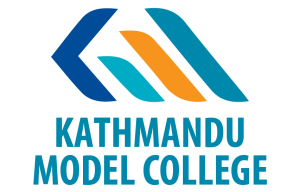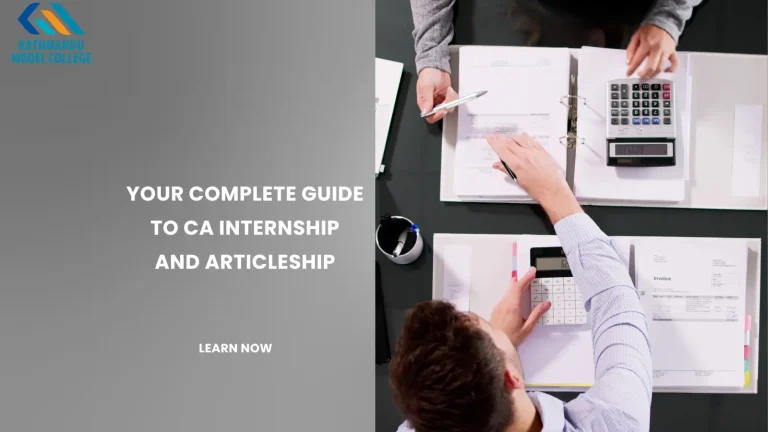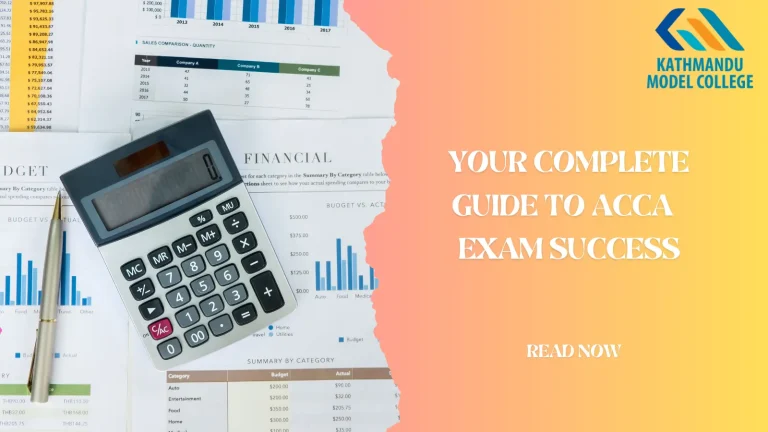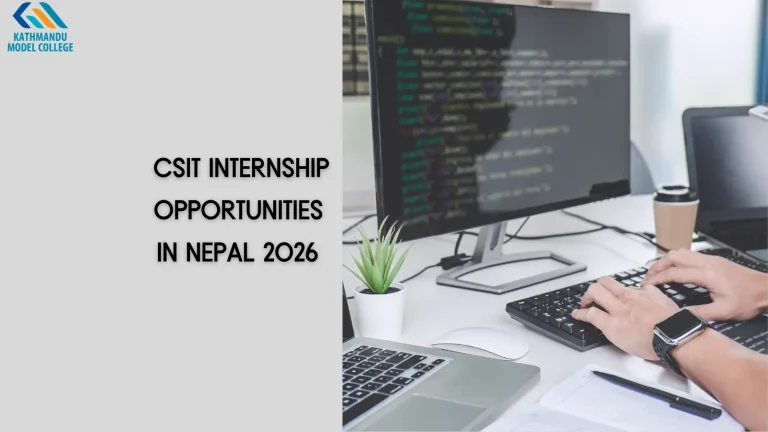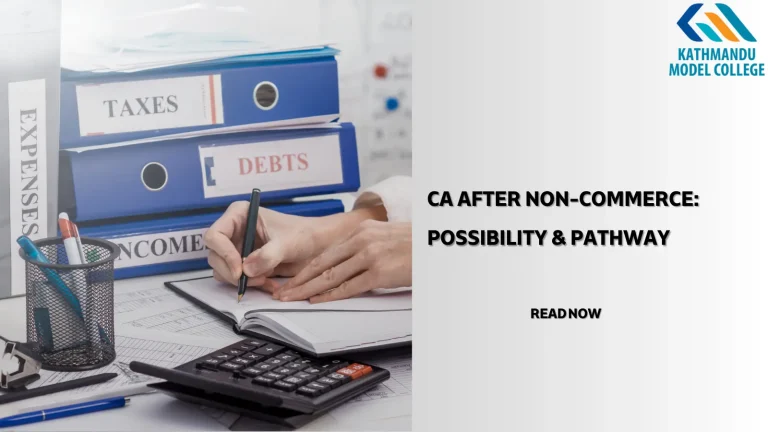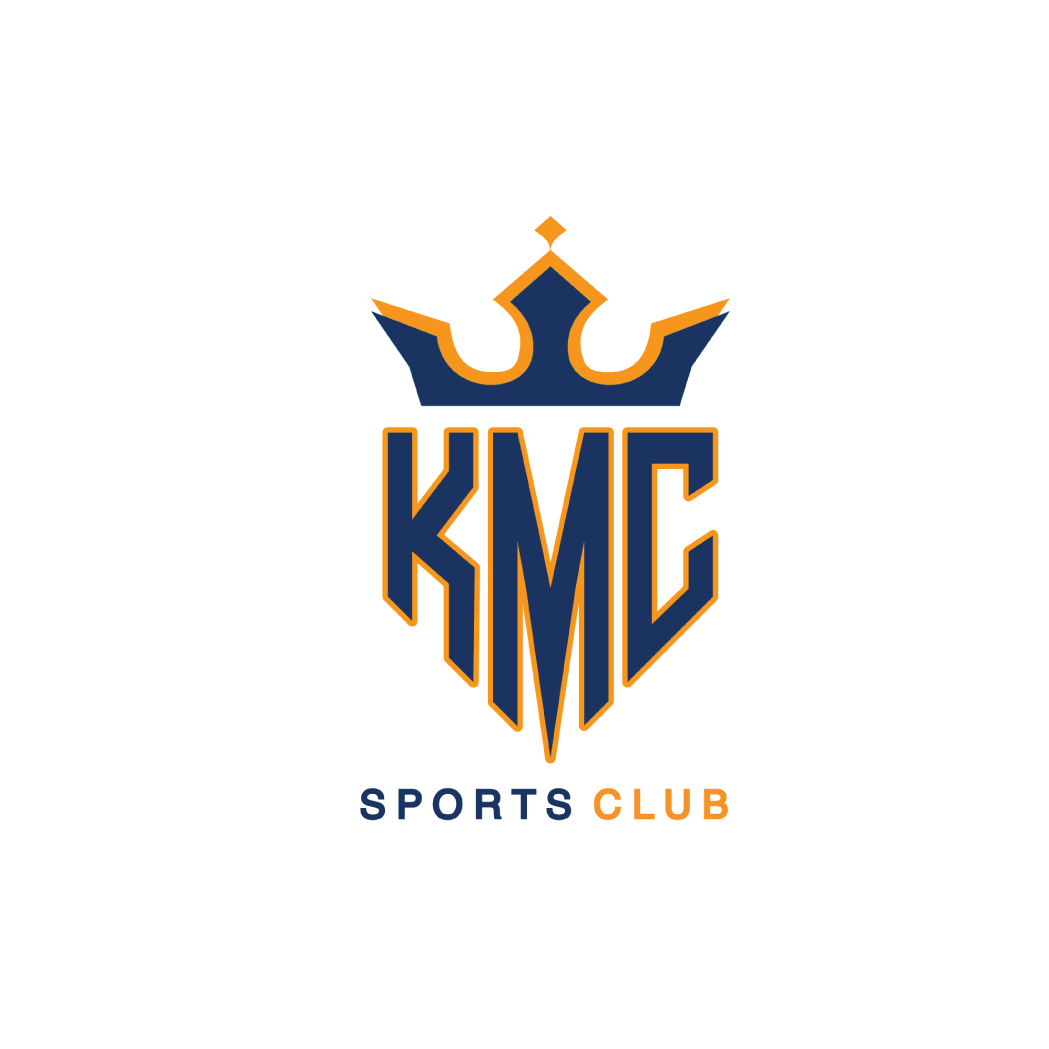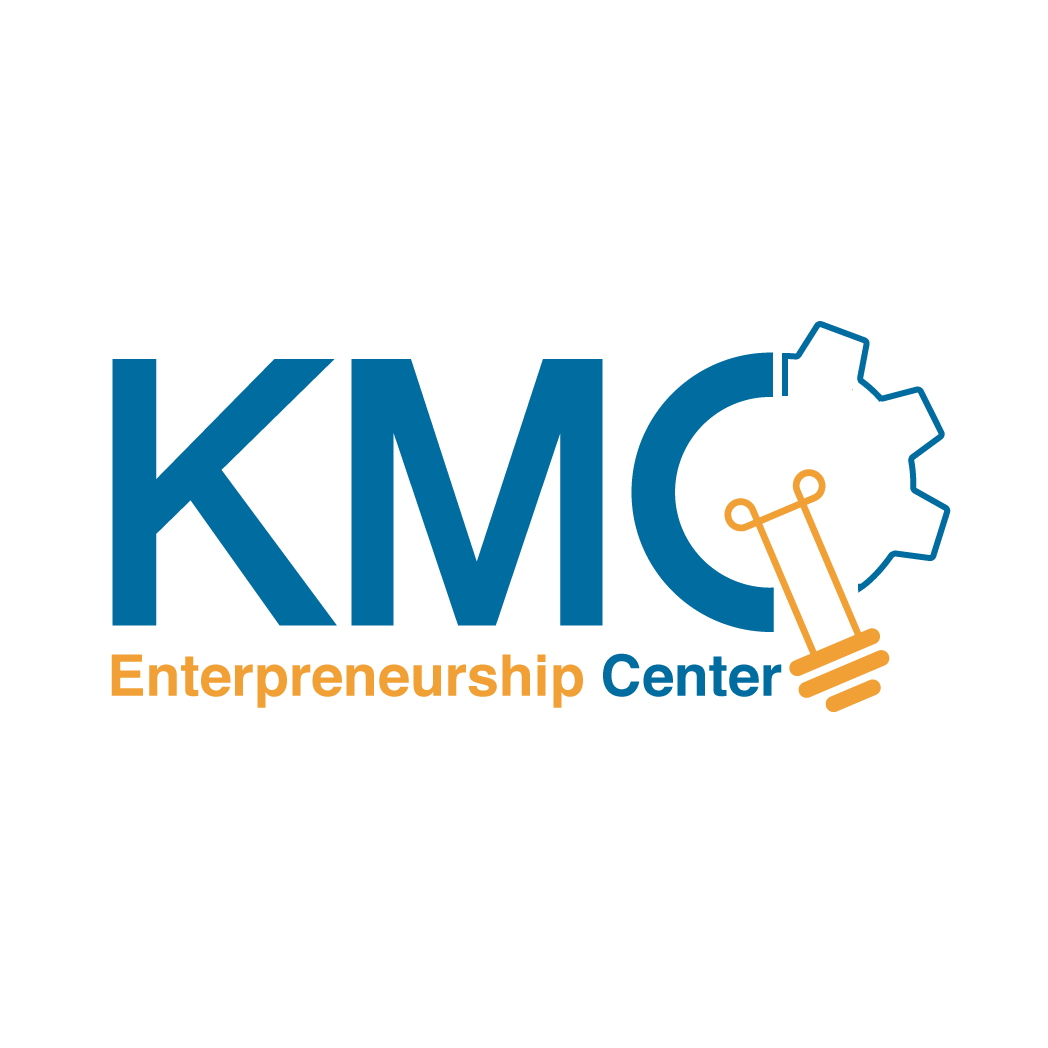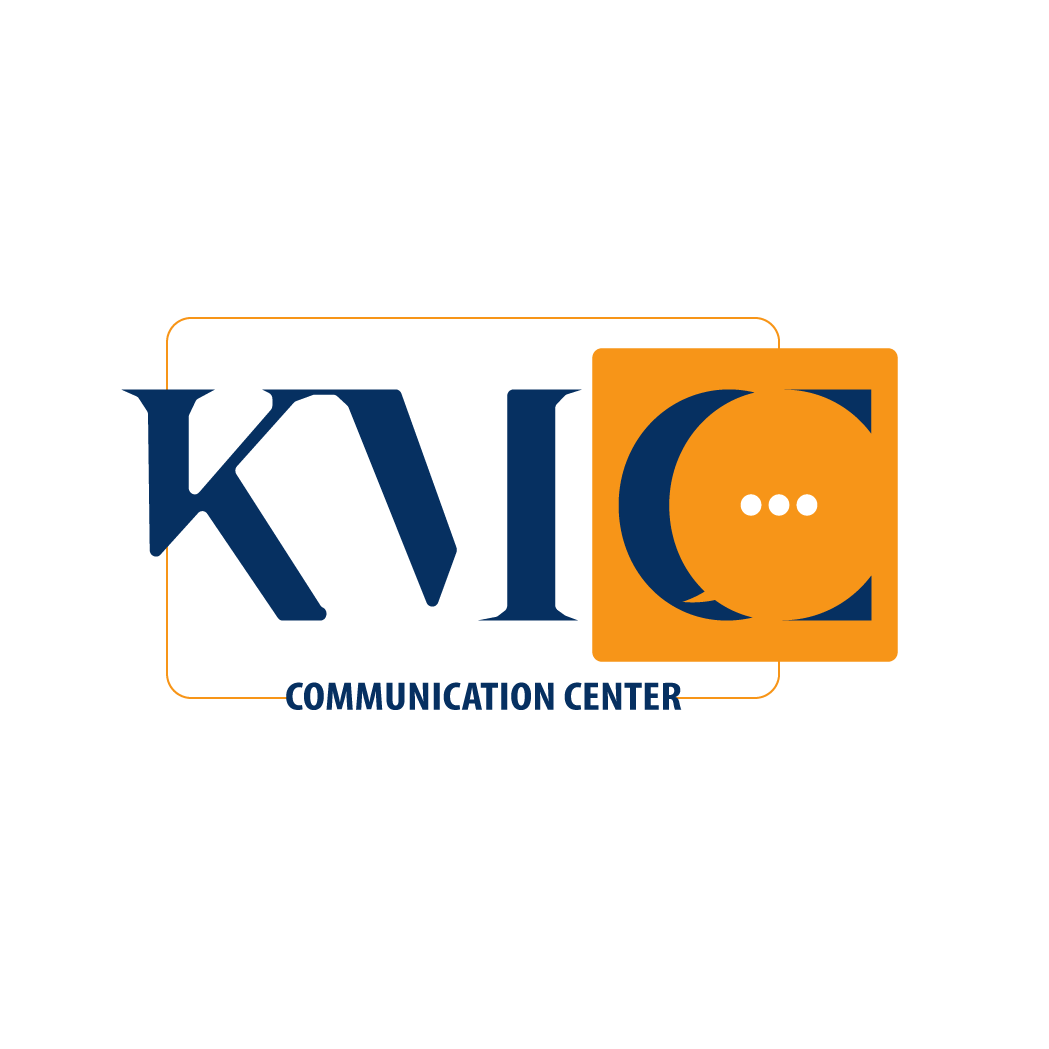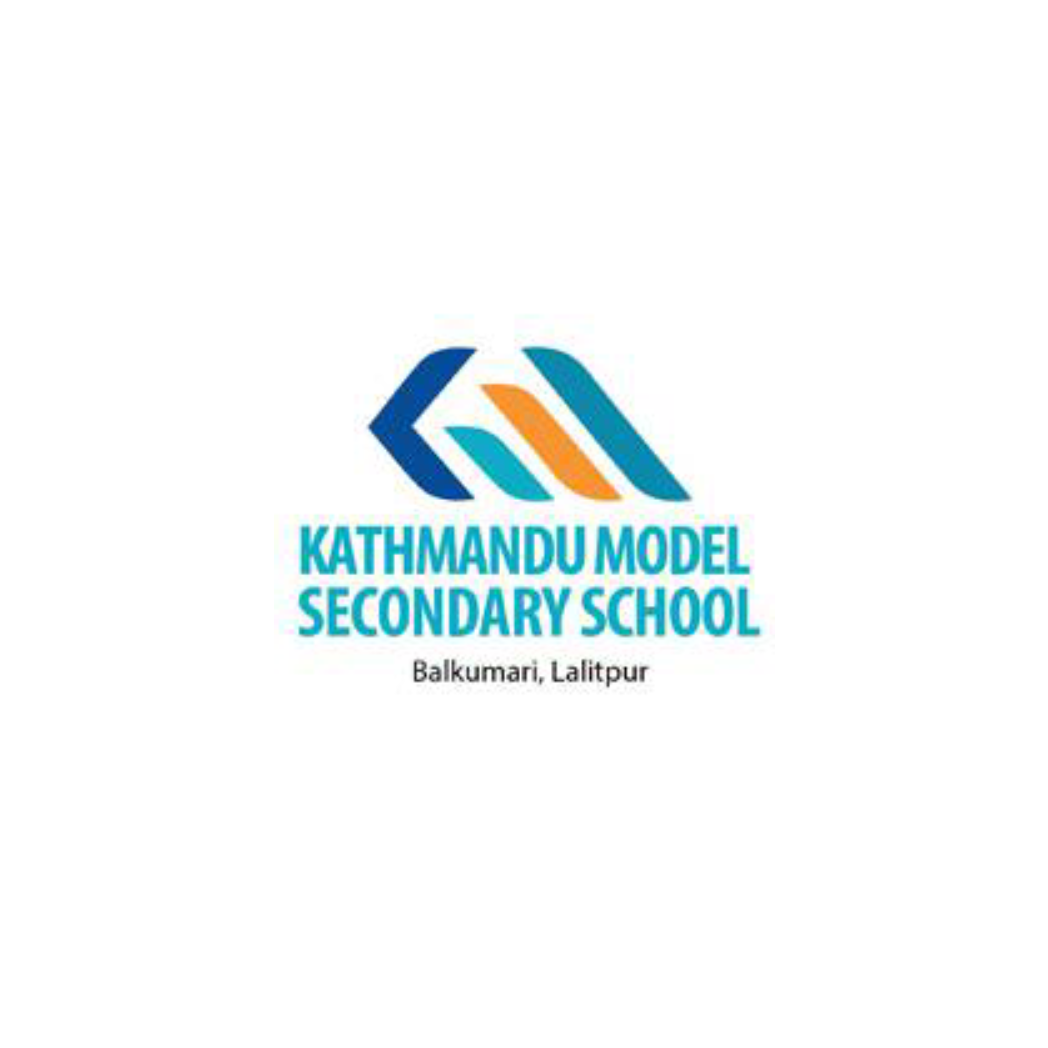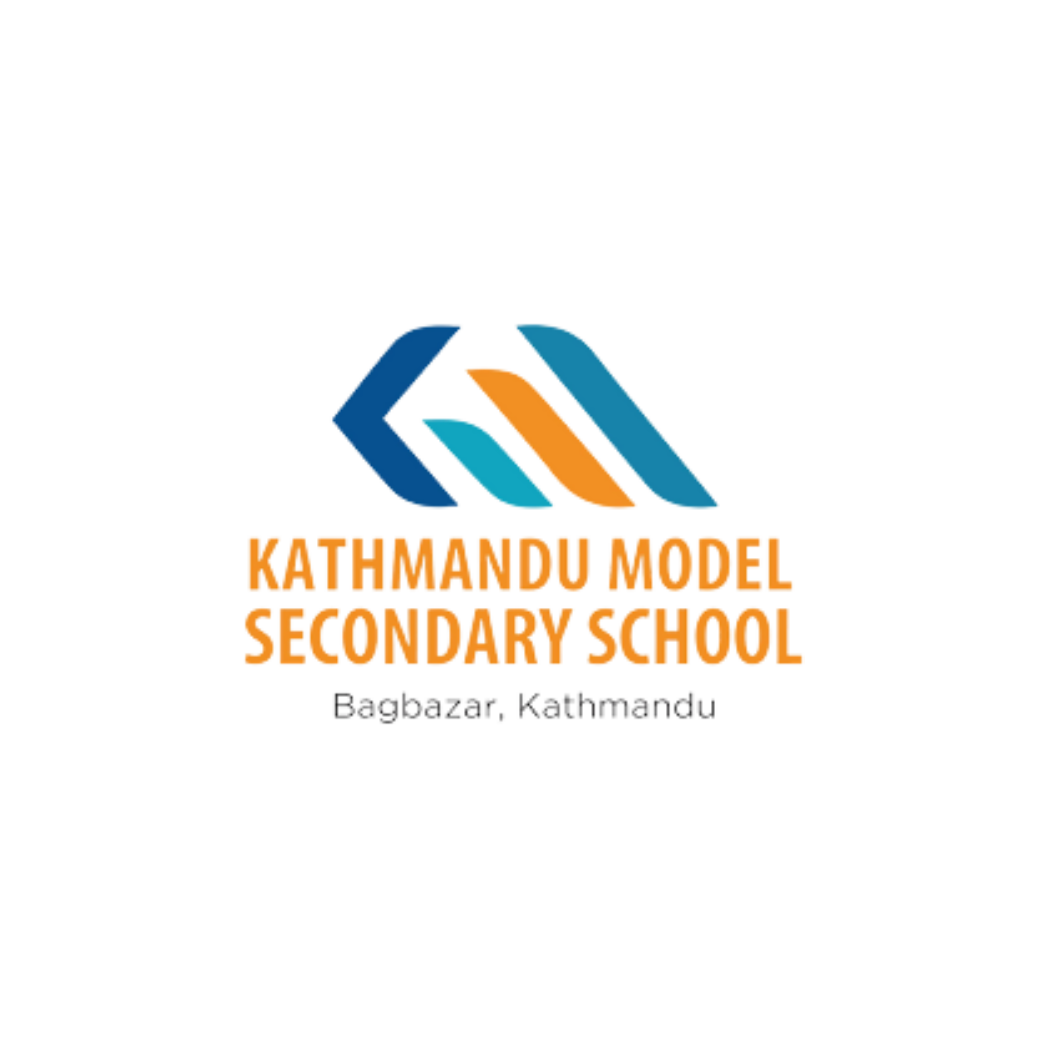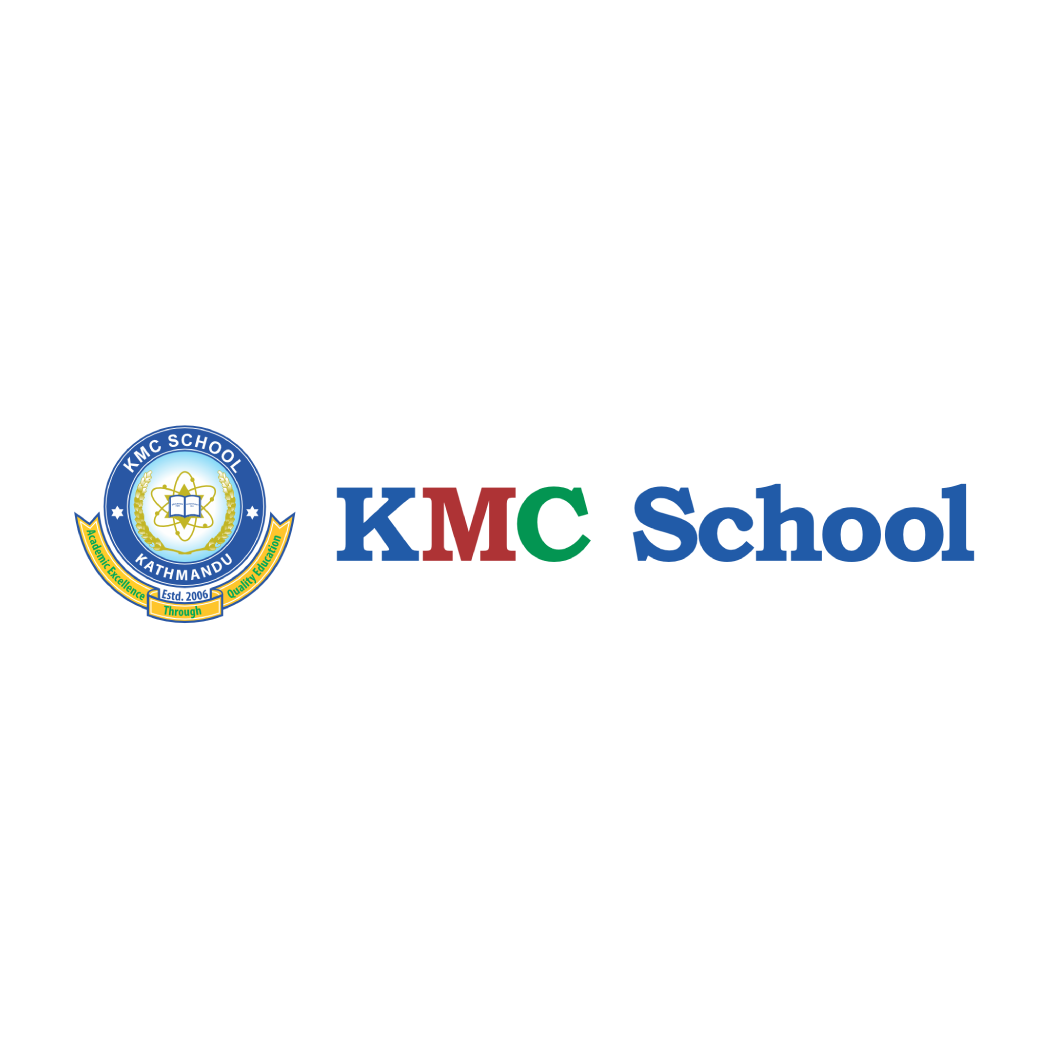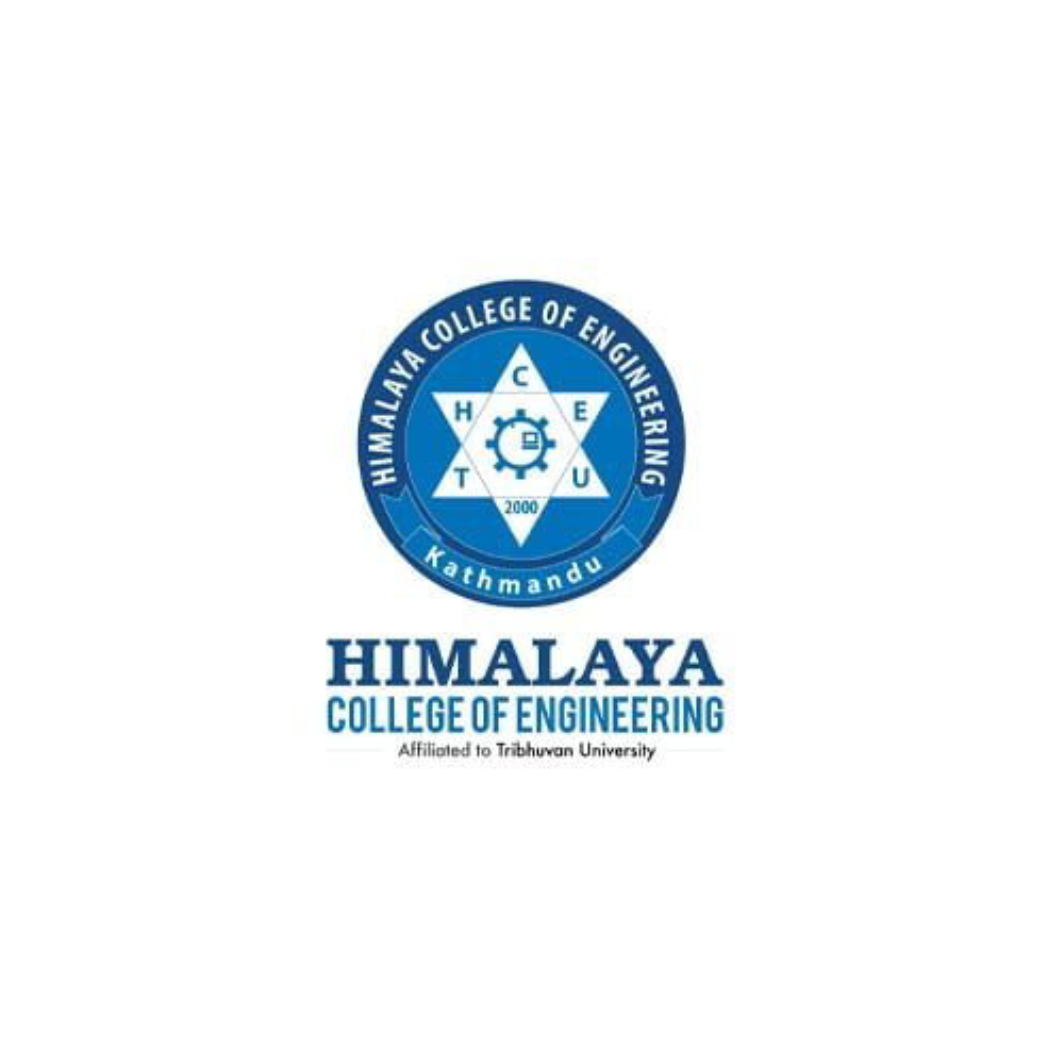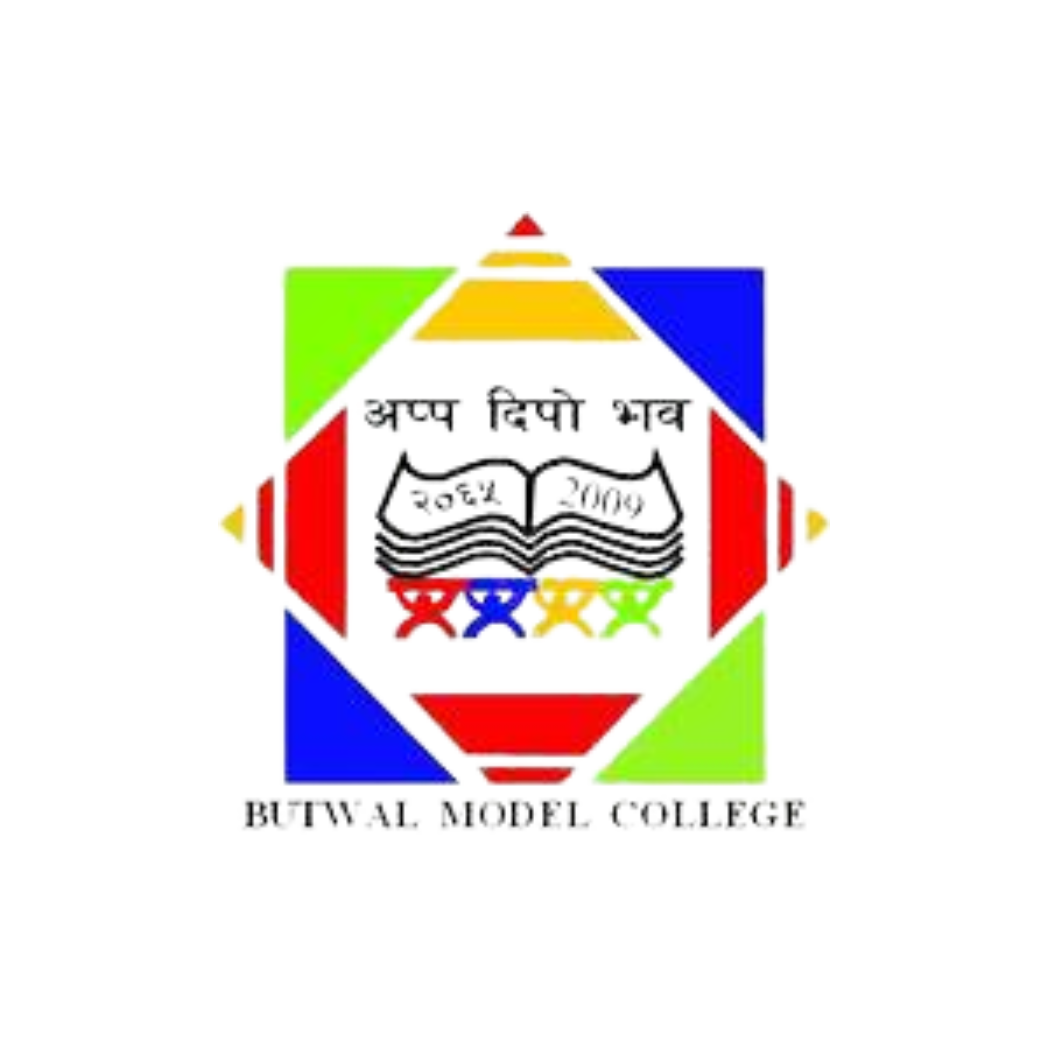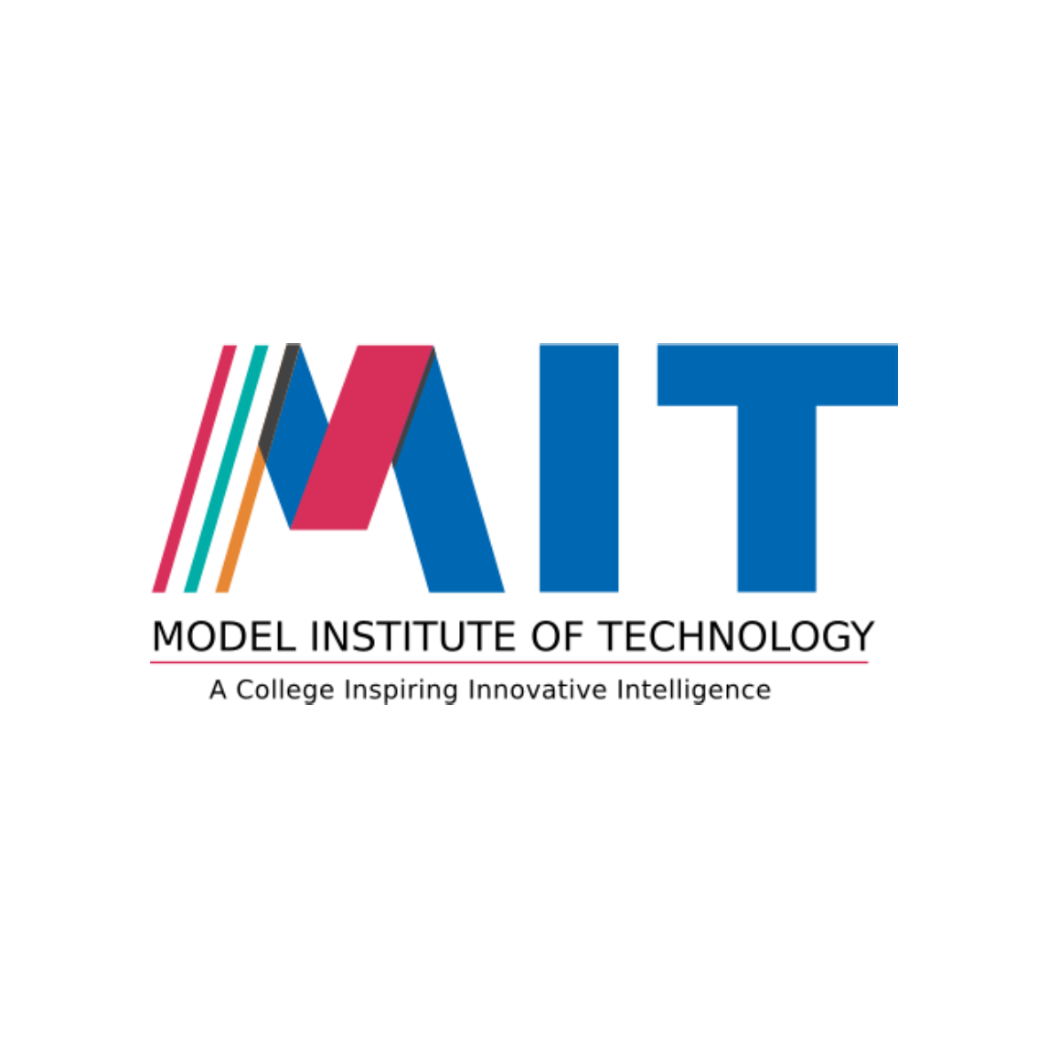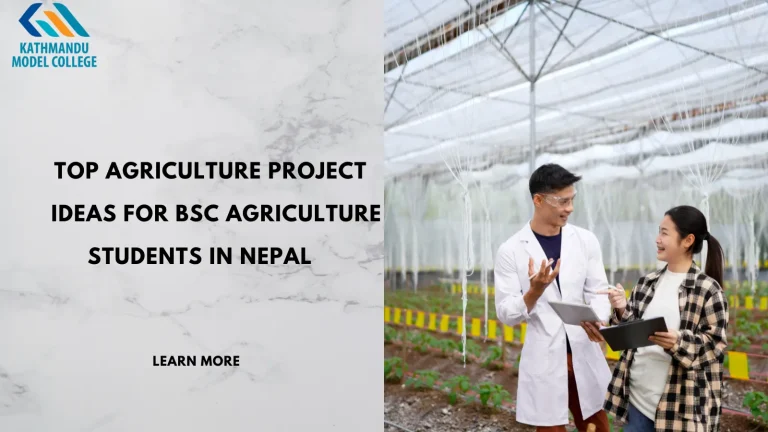
CMAT Preparation Guide
The Central Management Admission Test (CMAT) is an exam conducted by the Faculty of Management, Tribhuvan University, to assess a student’s eligibility for admission into undergraduate management courses offered by the university.
If you’re a student who has recently completed high school education, you are required to pass the CMAT if you wish to study any of the following courses offered by TU:
- Bachelor of Business Management (BBM)
- Bachelor of Hotel Management(BHM)
- Bachelor of Information Management(BIM)
- Bachelor of Mountain Tourism Management(BMTM)
- Bachelor of Management Studies(BMS)
- Bachelor of Public Administration(BPA)
- Bachelor of Business Administration(BBA)
- Bachelor of Business Administration in Finance(BBA-F)
CMAT is not exclusively for colleges affiliated with Tribhuvan University but it is mandatory for admission to Bachelor’s programs offered by Tribhuvan University.
Can you apply for the CMAT exam?
To be eligible to take the CMAT you must meet certain requirements:
- Minimum D+ grade in each subject in 11th and 12th grade
- Minimum 1.8 CGPA
- Minimum second-division marks in 10+2 examination
If you have not received your grade 12 results, you are allowed to apply to take the exam with the obligation to present the passed certification at the time of admission.
Learn Which Degree is Better for Your Career Goals? BBM vs. BBA
Understanding the structure of CMAT
The CMAT exam is divided into four sections:
Quantitative Ability
It deals with the mathematical skills of students in topics including:
- Arithmetic & Number Sense: Remainder, HCF & LCM, Digits & Age, Fraction & Decimal, Unitary Method
- Percentages & Money Math: Percentage, Profit & Loss, Simple & Compound Interest, Taxation, Commission, VAT
- Algebra: Substitution, Defined Functions, Indices (Laws), Log & Exponent, Quadratic Equations
- Ratios & Proportions, Combinations & Probability, Sequences & Patterns
- Averages & Statistics
- Set Theory and Functions, Matrix and Determinants
Logical Reasoning
This section examines the reasoning ability of students, including: Types of relation, Odd one-out arguments, Arguments and Flow-chart: Pure logic, Common sense logic, and guest logic, Figures and Relations.
Verbal Ability
The verbal ability section assesses the proficiency of the English Language of the candidates in topics which include: Vocabulary (list of probable words); Synonyms and antonyms, Suitable Prepositions, Idioms and phrases, Passages, and questions.
General Awareness
This section evaluates the students’ General Knowledge across a wide range of topics such as:
Current Affairs: Business, Economy, Sports and Politics, Management principles and theories, Science and Literature, Interesting Facts and Current affairs.
The exam consists of a total of 100 objective questions, divided equally across four sections.
Each section contains 25 questions and carries 25 marks.
A positive feature of CMAT is that there is no negative marking for incorrect answers in CMAT.
Know more on Guide To Choose The Right College For BSW Program in Nepal
How to actually prepare for CMAT
Similar to other entrance exams, the CMAT evaluates candidates across a wide range of topics, so it requires consistent and strategic efforts.
There are institutes in Nepal that help students prepare for CMAT but preparing on your own is also very well possible.
Here are a few tips to help students ace their CMAT:
1. Gather the materials
CMAT preparation books available in the market help students prepare for the exam.
These books are based on the actual structure of the exam and provide students with clear and concise explanations of key topics, tips, and tricks on how to approach different kinds of questions.
They also include practice questions, mock tests, and their answers.
Some of the best options in the market are:
- Goodwill’s CMAT Preparation Book
- Saral CMAT Entrance Preparation Book
- CMAT Preparation Books- Heritage Books
2. Strategic approach to different sections
All the sections should be approached differently.
- For verbal ability, spaced repetition of vocabulary using methods like flashcards, along with practicing grammar and reading newspaper, and editorials can be effective.
- For quantitative techniques, it is necessary to focus on basic maths and practice questions related to arithmetic, algebra, percentages, profit-loss etc, and finding effective ways to solve the problems in the least amount of time.
- For logical reasoning questions, the best way to sharpen analytical thinking is by solving a variety of logic-based questions, puzzles, coding-decoding, and others.
- Finally, to approach the General Awareness portion, it is necessary to be updated with current affairs and revise static GK such as history, geography, politics, and be updated on national and international events and trends.
3. Make a Study Schedule and Stick to it
Sticking to a regular study schedule is one of the key factors in successfully clearing any entrance examination.
It helps retain information better, improves time management, leaves enough room for revision, and prevents last-minute stress.
4. Identify your weaknesses and strengths
Identify the topics you are good at and the topics that are harder for you.
For entrance preparation, it is better to perfect the areas you are already good at, as it helps build confidence and focus on the harder topics after that.
Learn The Benefits of Pursuing an MA Degree: Is It Worth the Investment?
5. Solve Past Questions and Mock exams
Solving past papers and mock exams helps you analyze your progress and be familiar with the exam pattern.
You get a better understanding of what questions can be expected, and helps you to learn how to manage time during the actual exam, making sure you complete all the questions in the allocated time frame.
6. Track your progress and Revise
Monitor your progress by keeping track of topics you have covered and those left to be tackled.
Along with learning new material, it is important to revisit previously studied topics to reinforce your memory and ensure you do not forget what you’ve already learned.
7. Take breaks
Not taking enough breaks and allowing yourself to rest leads to burnout and may take a mental as well as physical toll on your body.
So take enough breaks and allow yourself to rest and relax.
8. Seek advice from teachers and past examinees
Listen to the advice of your teachers and past examinees as they provide insights that cannot be found in books or other sources but can only be acquired by going through the same experience.
9. The few days before the Examination
Focus on revising all the topics you have learned and refrain from studying any new material.
Attempt as many past questions as you can and make sure to allocate 90 minutes time frame, to stimulate the actual situation during the exam.
Do not panic, and be confident in yourself.
10. After the result
After you have passed the written test, apply to colleges you are interested in.
You’ll be interviewed and also may be awarded scholarships and other benefits based on your score and 10+2 grades.
How to apply for CMAT
Registration for CMAT can be done online as well as offline.
The cost for the application is Rs.1000.
For online registration, the form is available on the official website of the Faculty of Management.
The exam centers are announced based on the symbol number provided to the students.
Learn why Choose KMC College For BCA: What Sets Us Apart
How KMC can be the best choice for your future studies ?
Kathmandu Model College (KMC) is one of the best choices for undergraduate studies. Located at Bagbazar, Kathmandu, KMC offers five undergraduate programs: BBA, BBM, BBS, BCA, and BA/BSW.
KMC focuses on providing students with practical skills, leadership experience, and knowledge that prepares them for the future.
Recognized for its commitment to quality, KMC was awarded the Quality Assurance and Accreditation (QAA) from the University Grants Commission and also named Best Campus of 2080 by Nepal’s Ministry of Education.
Equipped with modern infrastructure, experienced faculty from the industry, and strong professional networks, KMC strives for academic excellence.
Apart from academics, KMC ensures your four-year college life is enriched through a variety of events, programs, and workshops.
Choose KMC to build a strong academic foundation without compromising on the vibrant and eventful college experience.
